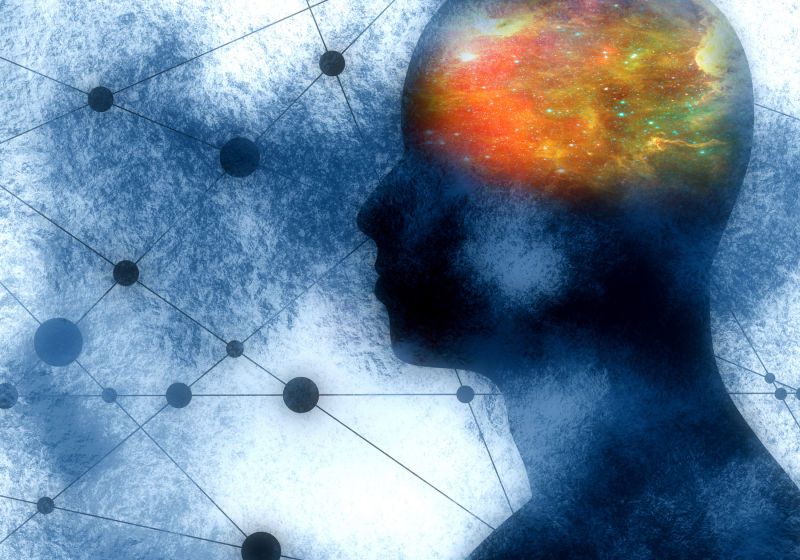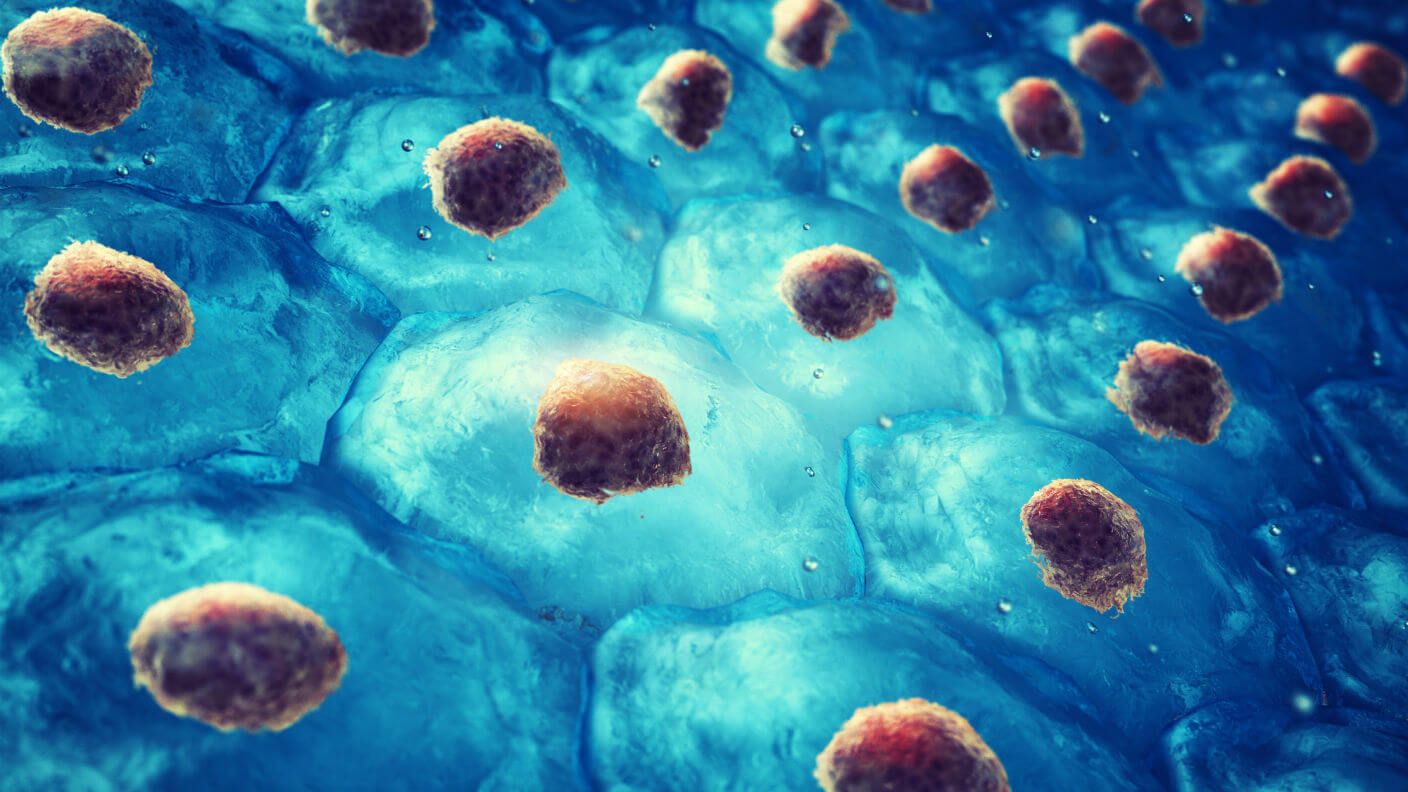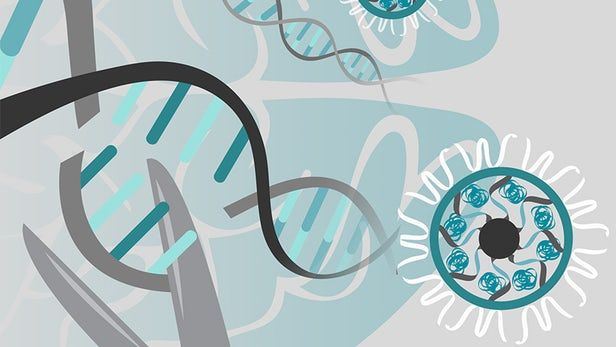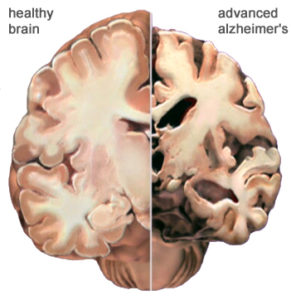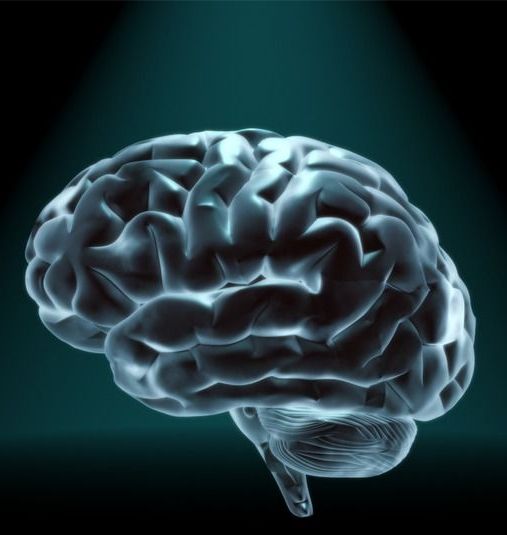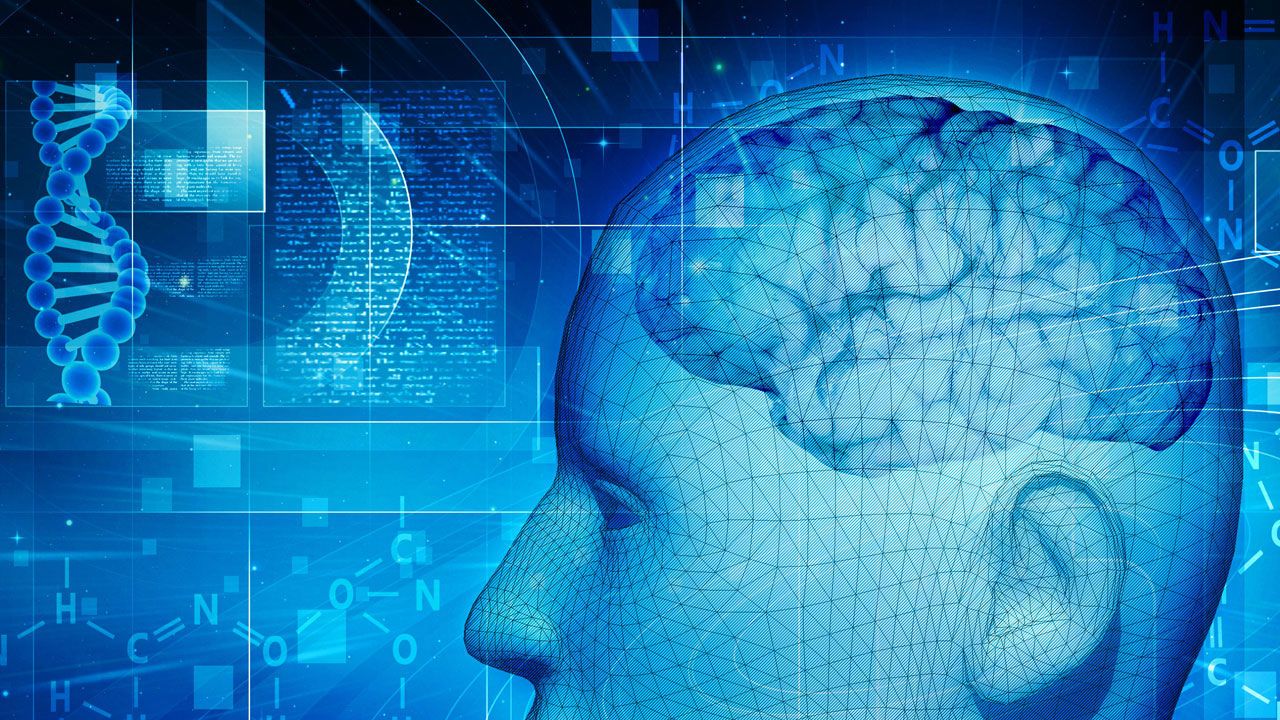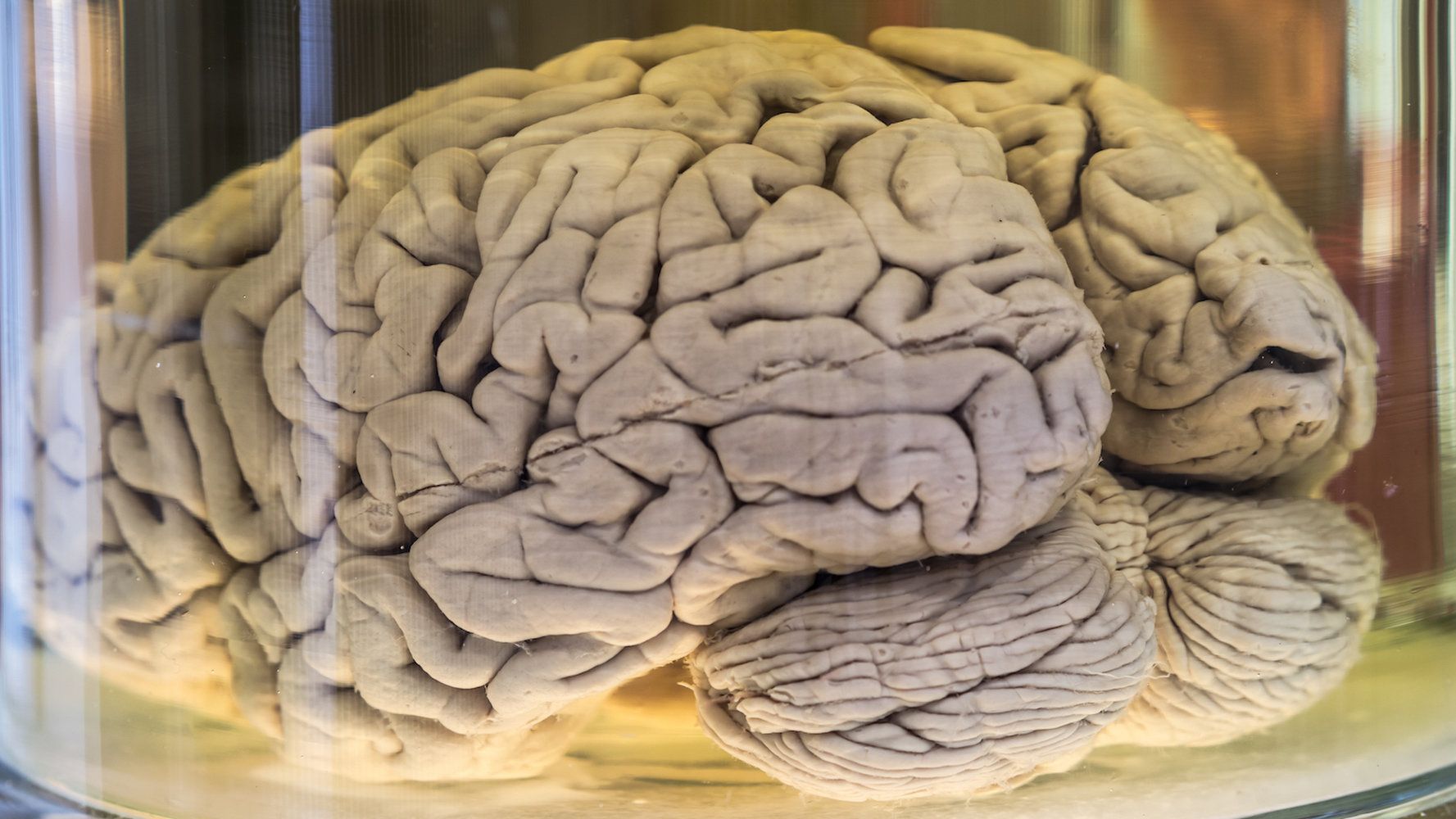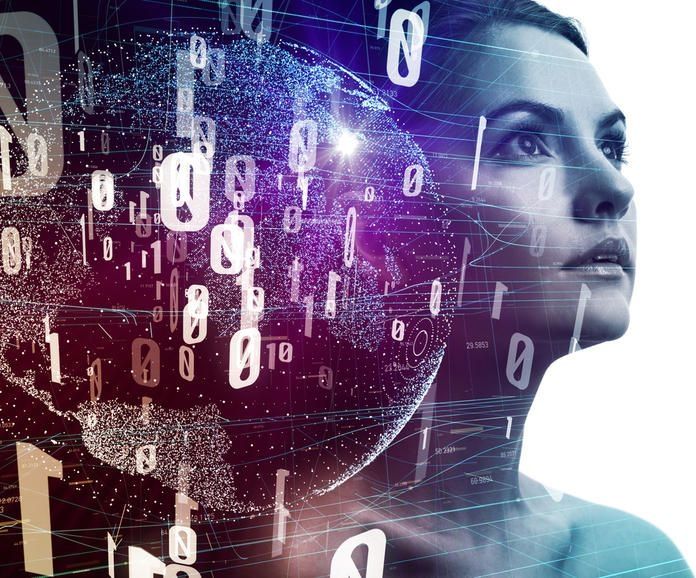Archive for the ‘neuroscience’ category: Page 818
Jun 28, 2018
Sleep-focused neurotech firm Dreem raises $35M from Johnson&Johnson Innovation and Bpifrance
Posted by Alvaro Fernandez in categories: biotech/medical, neuroscience
Dreeming big.
Dreem Announces $35 Million Financing from lead investors Johnson & Johnson Innovation and Bpifrance (press release):
“Dreem, a neurotechnology company, today announced the closing of a new round of funding, raising $35 million USD to rapidly accelerate product development, invest in strategic research and development, and advance the future of sleep technology. Last year, Dreem introduced a comprehensive solution to address a suite of sleep problems and enhance the quality of rest during the night. The Dreem headband monitors brain activity to track sleep accurately and uses auditory stimulation as a medium to help people fall asleep faster, get deeper sleep, and wake up refreshed.
Jun 28, 2018
Ubiquitous Computing (The Future of Computing)
Posted by Ankur Bargotra in categories: computing, information science, neuroscience
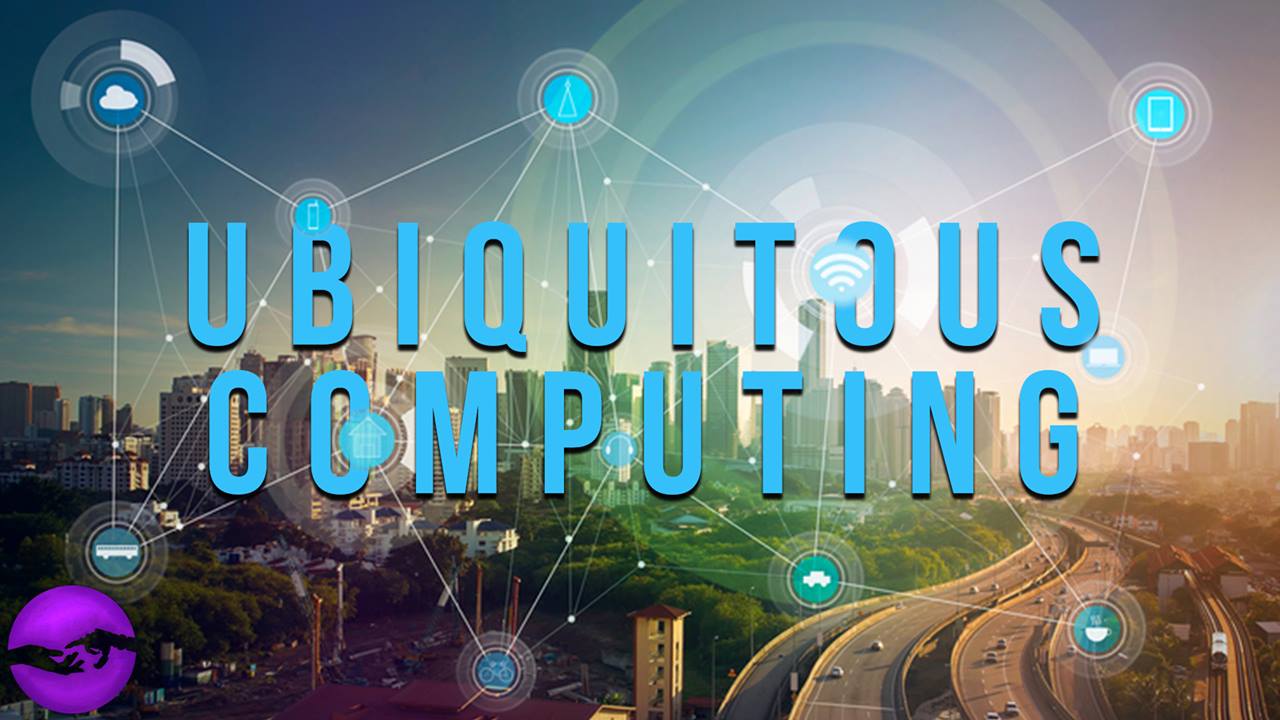
Recommended Books ➤
📖 Life 3.0 — http://azon.ly/ij9u
📖 The Master Algorithm — http://azon.ly/excm
📖 Superintelligence — http://azon.ly/v8uf
Continue reading “Ubiquitous Computing (The Future of Computing)” »
Jun 27, 2018
Transdifferentiation Can Create An Endless Supply of Brain Cells—And Fast
Posted by Manuel Canovas Lechuga in categories: biotech/medical, neuroscience
So what’s the catch?
For one, iPSCs can take months to make and the process is expensive. Furthermore, reverting cells back to a stem cell state wipes out their history, which is sometimes useful for studying disease progression.
In essence, iPSCs are the middlemen between one cell type and another. What if we could simply take out the middleman altogether?
Continue reading “Transdifferentiation Can Create An Endless Supply of Brain Cells—And Fast” »
Jun 26, 2018
New CRISPR-Gold technique reduces behavioral autism symptoms in mice
Posted by Genevieve Klien in categories: bioengineering, biotech/medical, genetics, habitats, neuroscience
A remarkable new study has successfully used the CRISPR-Cas9 gene editing technique to edit a specific gene in mice engineered to have fragile X syndrome (FXS), a single-gene disorder often related to autism. The single gene edit in the live mice resulted in significant improvements in repetitive and obsessive behaviors, making this the first time gene editing has been used to effectively target behavioral symptoms related to autism spectrum disorder (ASD).
FXS is a genetic disorder associated with intellectual disability, seizures and exaggerated repetitive behavior. Previous studies have shown that the repetitive behaviors associated with FXS are related to a specific excitatory receptor in the brain that, when dysregulated, causes exaggerated signaling between cells.
The CRISPR technique homes in on the gene that controls that excitatory receptor, the metabotropic glutamate receptor 5 (mGluR5), and essentially disables it, dampening the excessive signaling the corresponds with repetitive behaviors. In mice treated with the new system, obsessive digging behavior was reduced by 30 percent and repetitive leaping actions dropped by 70 percent.
Jun 26, 2018
Experimental Drug Injection Causes the Brain to Grow New Neurons
Posted by Nicholi Avery in categories: aging, bioengineering, neuroscience
For the first time ever researchers have had a breakthrough in creating a cocktail of drugs that caused new neurons to grow in the brains of mice.
In my last article I gave a detailed account on the debate of neurogenesis. While some neuroscientists claim that neurogenesis takes place within the adult mammalian human brain other researchers contest that idea claiming that new neurons stop developing at a very young age. Whichever side of the debate you are on one thing remains certain, that there are neurological diseases that leave negative impacts on cognitive function. This has left researchers looking for various ways to treat Alzheimer’s, Parkinson’s, and other brain damage.
Continue reading “Experimental Drug Injection Causes the Brain to Grow New Neurons” »
Jun 26, 2018
How your brain decides between knowledge and ignorance
Posted by Bill Kemp in categories: food, information science, neuroscience
We have a ‘thirst for knowledge’ but sometime ‘ignorance is bliss’, so how do we choose between these two mind states at any given time?
UCL psychologists have discovered our brains use the same algorithm and neural architecture to evaluate the opportunity to gain information, as it does to evaluate rewards like food or money.
Funded by the Wellcome Trust, the research, published in the Proceedings of the National Academy of Sciences, also finds that people will spend money to both obtain advance knowledge of a good upcoming event and to remain ignorant of an upcoming bad event.
Jun 25, 2018
Hundreds of new genes may underlie intelligence—but also autism and depression
Posted by Genevieve Klien in categories: genetics, neuroscience
Jun 24, 2018
Is your brain an analog or digital device? New research surprises
Posted by Shailesh Prasad in category: neuroscience
Compare an analog and a digital audio recording medium. VHS video tape — an analog medium — stores a continuous curve of modulated audio/visual information. In a digital CD continuous audio is sliced into 44,100 frames a second, and represented by discrete numbers.
On playback the sounds are presented as continuous, much as the individual still frames of a motion picture appear continuous when played back fast enough. Most people can’t hear the difference between digital and analog recordings, me included, but those who say they do may spend thousands on turntables and tube amps to get the full analog experience.
From measurements, we know that neuron currents are continuous, not step functions. The important question is how is the information represented by these signals? Most psychological research assumes continuous or analog representation, but in the lengthy paper Is Information in the Brain Represented in Continuous or Discrete Form? James Tee and Desmond Taylor of the University of Canterbury make a strong theoretical and experimental case for digital data.
Continue reading “Is your brain an analog or digital device? New research surprises” »
